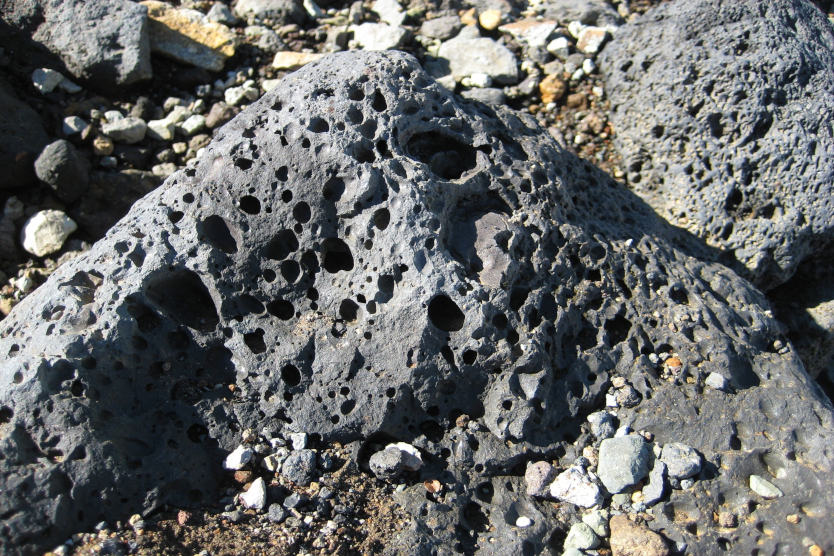
Inexpensive, available worldwide - and now even suitable as storage medium: volcanic rock
© Pixabay
The storing of heat and electricity has recently been the subject of intensive research. In particular, scientists have been looking for a medium that will enable us to store as much energy as possible for as long as possible. After years of research, Siemens Gamesa is now testing the practical application of a plant with volcanic rock for this purpose.
As part of the ETES project, the world’s first electrothermal energy storage system of this kind was commissioned in Hamburg in June 2019. About 1,000 tons of volcanic rock are heated to 750°C by electricity from renewable energy sources via a resistance heating system and a fan. In times of high energy consumption, a steam turbine converts the heat back into electrical energy ‒ this tried-and-tested conversion process could also be used by decommissioned coal-fired power plants in future. First, however, a coupling with the Brunsbüttel biomass cogeneration plant is to be investigated within the scope of this project.
The great advantage of volcanic rock over other storage media lies not only in its low acquisition costs and worldwide availability, it also maintains its storage capacity at a constant level over the charging cycles ‒ and the storage capacity can be scaled almost at will. While the pilot plant can store up to 30 MWh of thermal energy for around a week, future versions will be able to store 300 MWh or more of heat. Such storage volumes could sustainably stabilize the future power grid while the contribution of renewable energy sources continues to grow.
The ETES research project is being carried out as part of the New 4.0 Norddeutsche Energiewende collaborative project and builds on the technological findings of the FES project.


